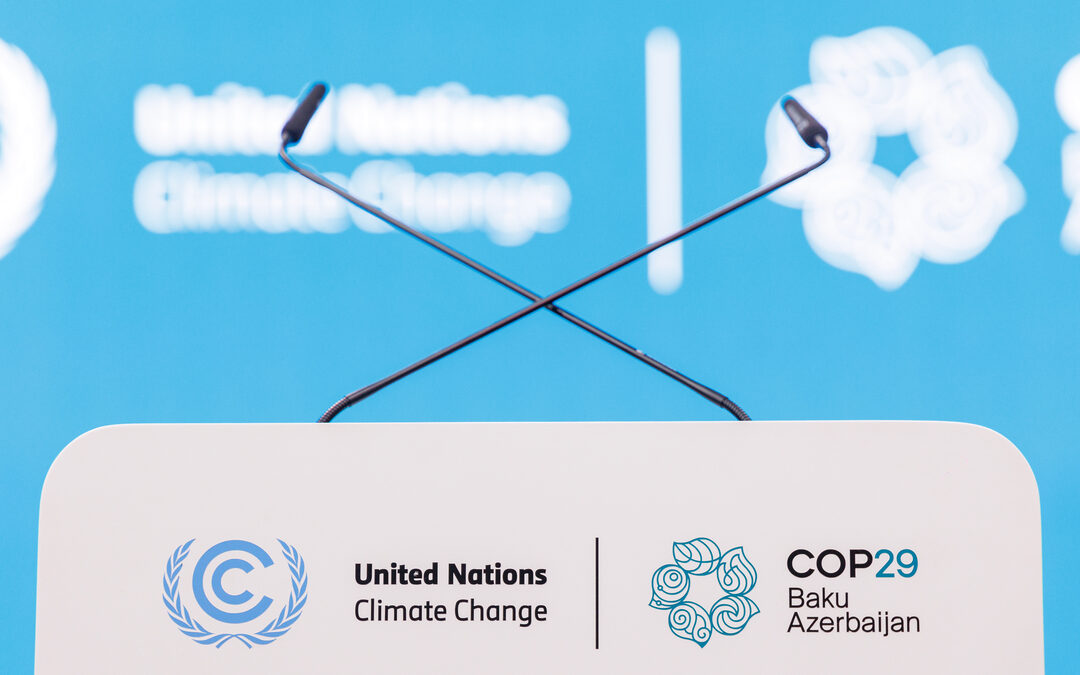COP29 Talks Stall Over Secondary Carbon Trading Rules Under Article 6.2: S&P
COP29 negotiations stall as disputes over authorization rules threaten the future of global carbon credit trading under Article 6.2.
Efforts to finalize guidelines for international carbon credit trading under Article 6.2 of the Paris Agreement encountered significant roadblocks at COP29, as nations struggled to resolve contentious issues around the framework’s authorization requirements.
Article 6.2 of the Paris Agreement establishes a framework for countries to engage in cooperative approaches to achieve their climate goals through the transfer of emissions reductions, known as Internationally Transferred Mitigation Outcomes.
The impasse, S&P Global says, threatens to undermine the development of a global carbon market critical to meeting climate targets.
At the heart of the dispute is whether private companies need explicit authorization from host countries for secondary trading of ITMOs — carbon credits traded to fulfill Nationally Determined Contributions NDCs.
The draft text released by the United Nations on Nov. 16 reflected these divisions, highlighting unresolved tensions over unilateral and bilateral authorization mechanisms.
Authorization Debate Divides Stakeholders
Under a bilateral authorization model, countries directly agree on credit exchanges, providing transparency and control to host nations.
Switzerland and Thailand’s trade agreement exemplifies this approach, which some argue ensures the integrity of credits.
However, proponents of a unilateral authorization model contend that requiring bilateral agreements for each transaction hampers market efficiency, discourages liquidity, and limits the participation of private entities.
“If we want a liquid market with meaningful price signals, countries need to authorize multiple NDCs,” an Article 6 expert told S&P Global, emphasizing that rigid requirements could “kill” the voluntary carbon market and mechanisms like the Carbon Offsetting and Reduction Scheme for International Aviation.
Critics fear that host country authorizations will impose excessive hurdles, forcing intermediaries and end users — such as airlines participating in CORSIA — to engage directly with governments, a process viewed as impractical and counterproductive.
Market Participants Express Concerns
The uncertainty surrounding authorization rules has rattled the private sector. A Singapore-based trader described the ongoing stalemate as “disruptive,” warning of its ripple effects across the burgeoning carbon trading ecosystem.
“Political uncertainties like these send the wrong signals to private investors and undermine confidence,” he told S&P Global.
Singapore and Japan, two of Asia’s most active buyers of Article 6 credits, have invested heavily in building infrastructure for robust carbon markets.
A trader from Singapore lamented the potential stifling of secondary trading, stating that requiring authorizations for private deals “makes all trading unnecessarily complex.”
A Japanese delegation member suggested that while unilateral authorizations might ease trading, safeguards like blockchain-based traceability would be necessary to maintain transparency and prevent double-counting — a critical risk that could erode trust in the market.
Lingering Tensions from COP28
Disagreements over authorization are not new. Similar issues derailed Article 6 discussions at COP28 in Dubai, where nations debated the risk of host countries revoking authorizations for previously exported credits.
While those concerns have been partially addressed, the current impasse around unilateral and bilateral approaches suggests a deeper divide.
The stakes are high. Without resolution, experts warn that the global carbon market — seen as a vital tool for addressing climate change — could fail to achieve the liquidity and accessibility necessary for scaling.
Path Forward Remains Unclear
As negotiations continue, the private sector is left in limbo, awaiting clarity on the rules that will govern Article 6.2. Policymakers must balance the need for host countries to retain control with the market’s demand for flexibility and ease of participation.
The challenge, as one policy advisor put it, is ensuring that Article 6 enables the carbon market to thrive without compromising its integrity. “We need a system that works for everyone —governments, private actors, and the communities these credits are meant to benefit.”
With time running out at COP29, the future of international carbon trading hangs in the balance.
Also Read:
COP29 Stumbles in 1st Week as Climate Finance Divide Deepens: AP

